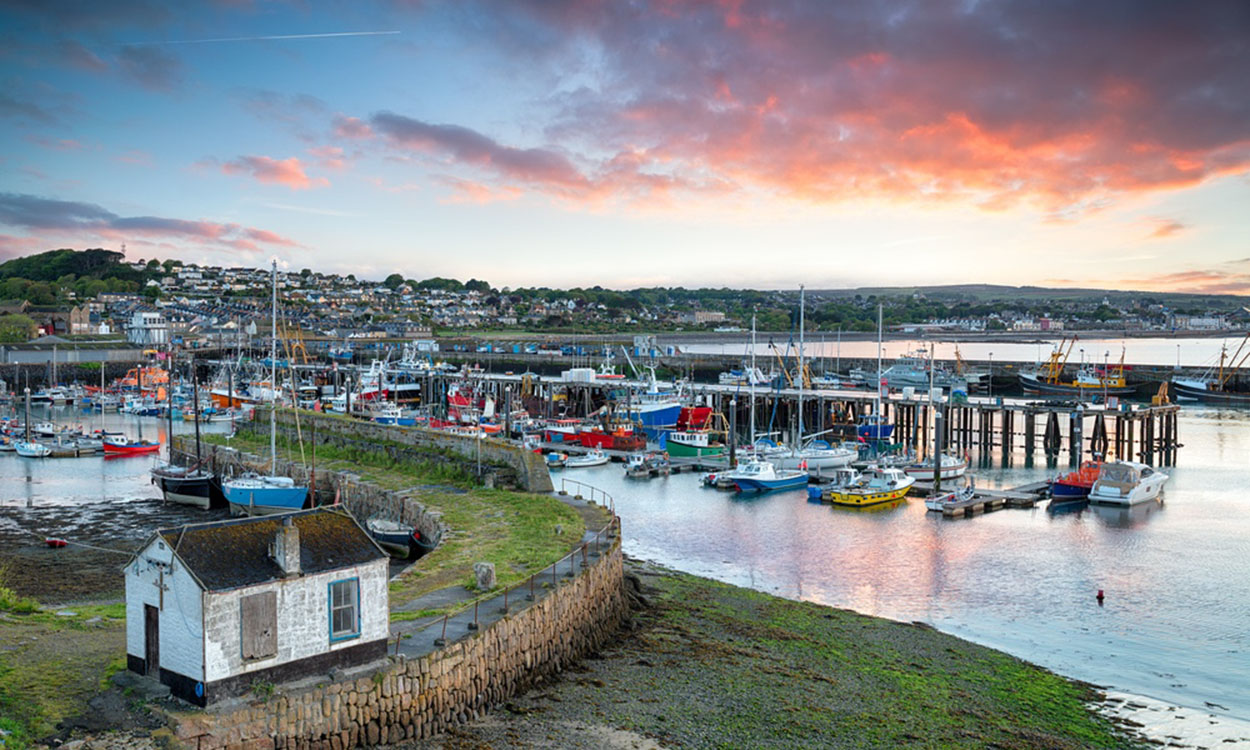Monday saw the announcement of an agreement of terms between the United Kingdom and European Union for a Brexit transitional period. In this, an agreement was made to retain the current fishing rights until January 2021.
The agreement has been met with uproar in the United Kingdom’s fishing industry, but how will the plan affect Cornwall?
The port of Newlyn was the seventh largest port in the United Kingdom in terms of the quantity of fish landed by UK vessels and can land as many as 40 different species of fish in one day.
Speaking to Truthfal on the latest news of the agreement, Peter Aylott, CEO of Cornwall based W Stevenson & Sons Ltd, who own Britain’s largest privately own fleet and operate out of Newlyn, said: “Essentially if we’re signed up to a transition deal where all that we have to protect us is that we should be able to catch as much fish as we did last year, you would think on the face of it that we’re probably okay but fishing is far more complex than that.
“From the wholesale buying and selling point of view this result is status quo or better, for a fishing company that is purely catching and landing fish, this is status quo or worse”.
Whilst former Liberal Democrat MP for St Ives, Andrew George, shared his thoughts on the decision via a Facebook post: “Though some of us warned them at the time, Fishermen are right to be incandescent. As they themselves say, they’ve been ‘conned and lied to’”.
The United Kingdom’s fishing industry consists of 4,000 businesses that employ approximately 24,000 people. In 2016, this industry contributed £1.4 billion to the UK economy in terms of Gross Value Added, but, this equated to just 0.12% of all UK economic output.
Although, for Cornwall, the fishing industry means a lot more, with the industry having a higher financial productivity per full-time employee than most other industries within the county.
The 2017 Queen’s Speech had outlined the UK Government’s intentions to introduce a fisheries bill that would enable the UK to control access to its waters and fishing quotas once it has left the European Union.
This was also reiterated back in 2017 by George Eustice, MP for Camborne and Redruth, who stated in parliament “When the UK leaves the EU on 29 March 2019, we will be leaving the Common Fisheries Policy. The UK will become an independent Coastal State and will be fully responsible, under international law, for control of our Exclusive Economic Zone and for management of fisheries resources within it.”
However it would appear the local MP, as well as the rest of the government have had to back track on this, and, instead appear to have used fishing as a compromise for other concessions.
Speaking yesterday in parliament, Secretary State for Environment, Food and Rural Affairs Michael Gove said: “There is disappointment in fishing communities – I know, as someone whose father was a fish merchant, whose grandparents went to sea to fish, I completely understand how fishing communities feel about this situation at the moment. I share their disappointment.
“We pressed hard during negotiations to secure this outcome and we are disappointed that the EU were not willing to move on this”
The agreed transitional period will last take place from the day of Brexit on 29 March 2019 and last until December 31st 2020. It now means that the UK must abide by existing EU fishing policies, but, will now have no direct say in the rules.

